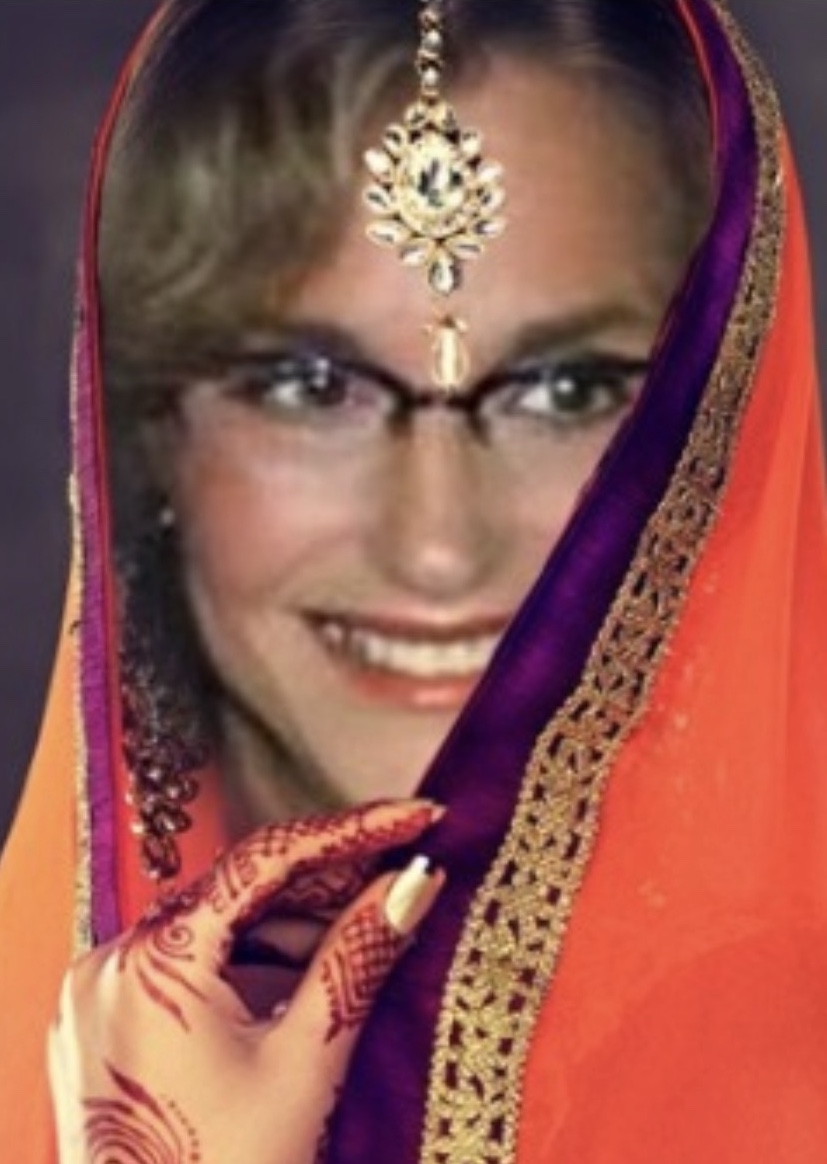
JR Harrison
I grew up in a time when women were seen as feeders, breeders and follow the leaders, a time when brides walked down the aisle on their fathers arm to be given away to a future husband. Nursing, teaching or office work was seemed the perfect vocation for young women while waiting for the right (or chosen) man to come along. Once married the expectation was for women to not go to work but stay home and raise the children.
I did many of these things except stay home and raise my children, who were often told by my mother what a bad mother I was for going to work while my poor husband was left to hang the washing out or cook the family meal. As a nurse and a teacher, I worked in the evenings while studying for my university degree as my education ended at age 15 and I married at 19. As a rebel, I broke the rules, by being the first married nurse in my area to complete her nursing training, the first nurse to have dual employment and the first to have maternity leave and later be paid redundancy when my role was made redundant.
Over the years, I have held many roles: a life-long member of a charity helping people in the community; a marriage celebrant; a Justice of the Peace; and a board member of an organisation involved with offenders and victims helping both to put things right.
Many things in my life have not come easy, each presenting challengers that have taught me that if you want something badly enough to never give up what you believe in. The Brother From Another Mother is a true story about love, murder and fighting for justice. It is a story about a journey that proved to be my greatest challenge, but at the same time, my greatest victory. I may not have won the war, but in my mind, I won the battle against the things we never speak of, and the many challenges faced by ordinary folk like me in the world we live in.
Writing about your personal life can be like taking your clothes off in public, leaving you naked but also visible. Having a voice and using it can give you the greatest freedom. My story is for anyone facing injustice: never give up, anything is possible if you make your mind up. I did, and I survived.
Do you try more to be original, or to deliver to readers what they want?
I don’t know what readers want, but what I write is original, it comes from the heart. I believe there must be readers out there who may be on a similar journey to my own. By sharing my story with them I hope it helps them not to remain invisible.
How do you select the names of your characters?
By using a new name with letters from their real name.
What was the first book that made you cry?
Sophie’s Choice by William Styron. His book examines the historical, moral and psychological ramifications of the Holocaust. It not only made me cry but had a lasting impression on me about the value of human life.
If you had to do something differently as a child or teenager to become a better writer as an adult, what would you do?
Stay at school longer!
Have you Googled yourself? Did you find out anything interesting?
Yes, but it is a reminder of a very sad time in my life.
Are there any secrets in your books that only a few people will find? Can you tell us one? Or give us any hints?
The cover of my book and the publisher contain the secrets.
Did you ever consider writing under a pseudonym? Why?
I have, for privacy reasons.
How did publishing your first book change your writing process?
I would say as a virgin writer, the whole experience from start to finish was a new experience for me, with many lessons learned along the way. Having written letters and small articles for a newspaper and keeping a diary for many years, I found there is so much more to writing a book than just writing about my story as I lived it. Being dyslexic didn’t help either and the battle with words did not come easy. It took me a while to realise: while I had the story, I needed help to organise it, and to help me to not throw the baby out with the bathwater with each edition! I couldn’t have published my book without some help. So don’t be afraid to call in friends, or the big guns, especially if this is your first book. You can learn so much from others who are not part of your story.
What’s the most difficult thing about writing characters of the opposite sex?
Not difficult at all.
Do you read your book reviews? How do you deal with bad or good ones?
I enjoy and learn from all the reviews I read, there is always something new to learn.
